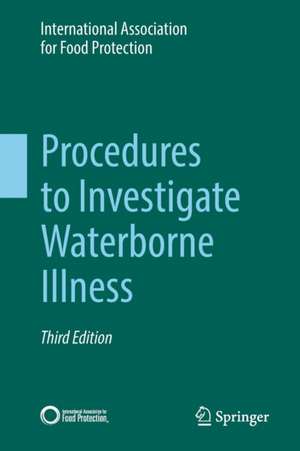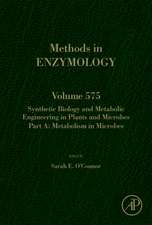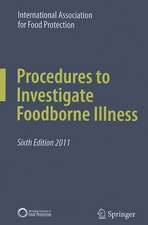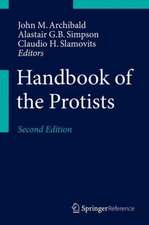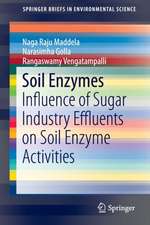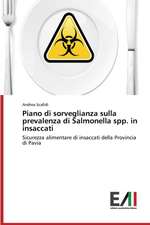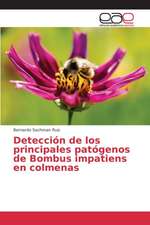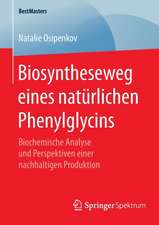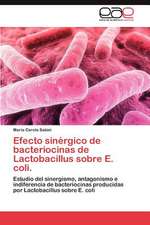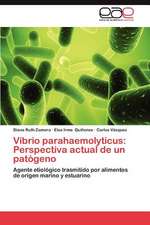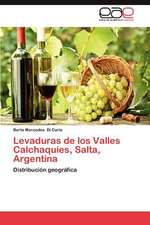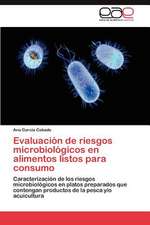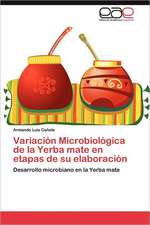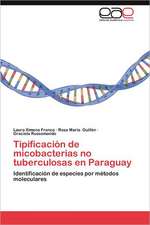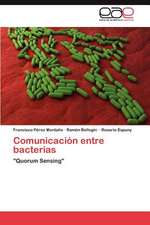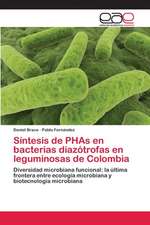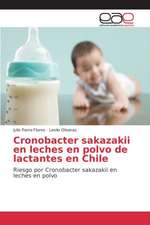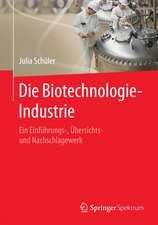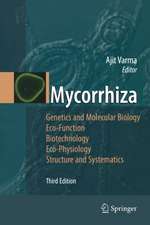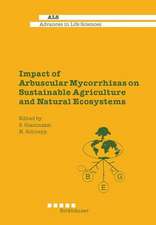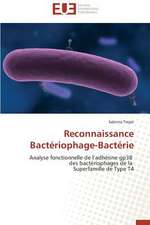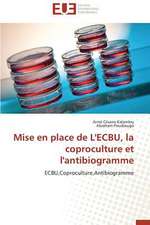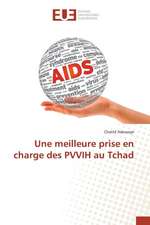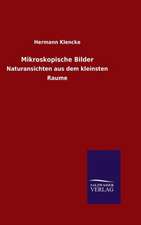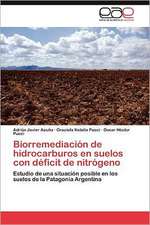Procedures to Investigate Waterborne Illness
Autor International Association for Food Protectionen Limba Engleză Paperback – 20 iul 2016
Written by a team of international experts, this third edition designed to guide public health personnel or teams in any country that investigates reports of alleged waterborne illnesses. The manual is based on epidemiologic principles and investigative techniques that have been found effective in determining causal factors of disease incidence. The guidelines are presented in the sequence usually followed during investigations and are organized so that an investigator can easily find the information needed in any phase of an investigation.
The book services as a guide to:
• Develop a waterborne disease surveillance and emergency operations program
• Handle illness alerts and water-related complaints that may be related to illness
• Interview ill persons, those at risk, and controls
• Develop a case definition
• Transport waterspecimens and clinical specimens
• Trace sources of contamination
• Identify factors responsible for contamination, survival of pathogenic microorganisms or toxic substances, and/or propagation of pathogens
• Collate and interpret collected data
• Report information about the outbreak
This edition has been extensively updated. A section has been added on water not intended for drinking as a source of illness. The chapter on “collection and analysis of data” has been significantly expanded to explain how data is collected and used to suggest possible vehicles, routes, and agents. The book is designed to improve the quality of investigation of outbreaks and disease surveillance.
The International Association for Food Protection is a non-profit association of food safety professionals. Dedicated to the life-long educational needs of its Members, IAFP provides Members with an information network through its two scientific journals (Food Protection Trends and Journal of Food Protection), its educational Annual Meeting, international meetings and symposia along with international interaction between food safety professionals.
Preț: 262.47 lei
Nou
Puncte Express: 394
Preț estimativ în valută:
50.22€ • 52.44$ • 41.57£
50.22€ • 52.44$ • 41.57£
Carte tipărită la comandă
Livrare economică 05-19 aprilie
Preluare comenzi: 021 569.72.76
Specificații
ISBN-13: 9783319260259
ISBN-10: 3319260251
Pagini: 174
Ilustrații: X, 153 p. 4 illus. in color.
Dimensiuni: 155 x 235 x 9 mm
Greutate: 0.24 kg
Ediția:3rd ed. 2016
Editura: Springer International Publishing
Colecția Springer
Locul publicării:Cham, Switzerland
ISBN-10: 3319260251
Pagini: 174
Ilustrații: X, 153 p. 4 illus. in color.
Dimensiuni: 155 x 235 x 9 mm
Greutate: 0.24 kg
Ediția:3rd ed. 2016
Editura: Springer International Publishing
Colecția Springer
Locul publicării:Cham, Switzerland
Public țintă
Professional/practitionerCuprins
Procedures to Investigate Waterborne Illness.
Notă biografică
The International Association for Food Protection is a non-profit association of food safety professionals. Dedicated to the life-long educational needs of its Members, IAFP provides Members with an information network through its two scientific journals (Food Protection Trends and Journal of Food Protection), its educational Annual Meeting, international meetings and symposia along with international interaction between food safety professionals.
Textul de pe ultima copertă
Written by a team of international experts, this third edition designed to guide public health personnel or teams in any country that investigates reports of alleged waterborne illnesses. The manual is based on epidemiologic principles and investigative techniques that have been found effective in determining causal factors of disease incidence. The guidelines are presented in the sequence usually followed during investigations and are organized so that an investigator can easily find the information needed in any phase of an investigation.
The book services as a guide to:
• Develop a waterborne disease surveillance and emergency operations program
• Handle illness alerts and water-related complaints that may be related to illness • Interview ill persons, those at risk, and controls
• Develop a case definition
• Transport water specimens and clinical specimens
• Trace sources of contamination
•Identify factors responsible for contamination, survival of pathogenic microorganisms or toxic substances, and/or propagation of pathogens
• Collate and interpret collected data • Report information about the outbreak
This edition has been extensively updated. A section has been added on water not intended for drinking as a source of illness. The chapter on “collection and analysis of data” has been significantly expanded to explain how data is collected and used to suggest possible vehicles, routes, and agents. The book is designed to improve the quality of investigation of outbreaks and disease surveillance.
The International Association for Food Protection is a non-profit association of food safety professionals. Dedicated to the life-long educational needs of its Members, IAFP provides Members with an information network through its two scientific journals (Food Protection Trends and Journal of Food Protection), its educational Annual Meeting, international meetings and symposia along with international interaction between food safety professionals.
The book services as a guide to:
• Develop a waterborne disease surveillance and emergency operations program
• Handle illness alerts and water-related complaints that may be related to illness • Interview ill persons, those at risk, and controls
• Develop a case definition
• Transport water specimens and clinical specimens
• Trace sources of contamination
•Identify factors responsible for contamination, survival of pathogenic microorganisms or toxic substances, and/or propagation of pathogens
• Collate and interpret collected data • Report information about the outbreak
This edition has been extensively updated. A section has been added on water not intended for drinking as a source of illness. The chapter on “collection and analysis of data” has been significantly expanded to explain how data is collected and used to suggest possible vehicles, routes, and agents. The book is designed to improve the quality of investigation of outbreaks and disease surveillance.
The International Association for Food Protection is a non-profit association of food safety professionals. Dedicated to the life-long educational needs of its Members, IAFP provides Members with an information network through its two scientific journals (Food Protection Trends and Journal of Food Protection), its educational Annual Meeting, international meetings and symposia along with international interaction between food safety professionals.
Caracteristici
Guide for public health personnel to investigate reports of waterborne illnesses Based on effective epidemiologic principles and investigative techniques for determining causal factors of disease incidence Lessons learned from outbreak investigations can often prevent their future occurrence Includes supplementary material: sn.pub/extras
